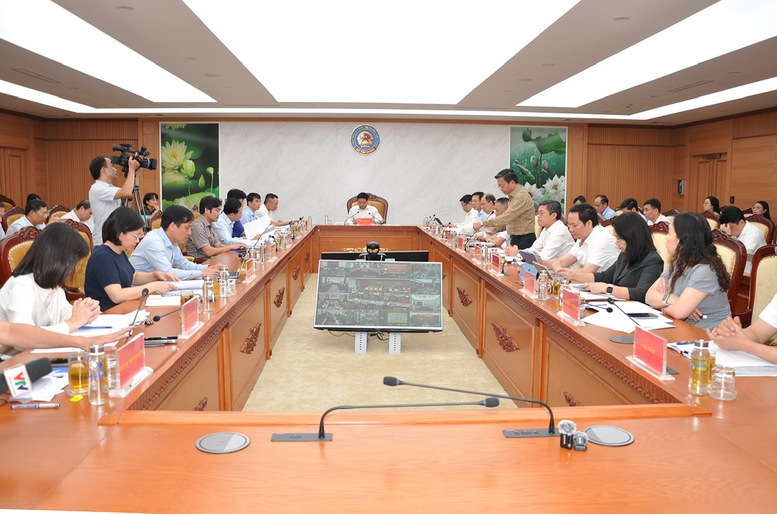
The national online conference aims to collect comments on draft legal documents related to decentralization and delegation of power associated with the two-level local government organization model in the financial sector - Photo: VGP/HT
Delegate authority to the place that does the best and most effective work.
On the afternoon of May 26, the Ministry of Finance held a national online conference to collect comments on draft legal documents related to decentralization and delegation of power associated with the two-level local government organization model in the financial sector. The conference was chaired by Minister of Finance Nguyen Van Thang, with the participation of central ministries, branches and all 63 provinces and cities.
In his opening speech, Minister Nguyen Van Thang emphasized that in implementing Conclusion No. 155-KL/TW of the Politburo on decentralization and delegation of power, the Ministry of Finance has urgently reviewed the legal system and revised and supplemented relevant regulations, including a series of areas such as public investment, bidding, state budget management, financial statistics, public assets and price management.
The Minister said that this review process has received close coordination from relevant ministries and branches, especially the Ministry of Justice . On that basis, the Ministry of Finance has proposed amending important laws such as the Law on Management and Use of Public Assets, the Law on Personal Income Tax, and is preparing to submit new draft laws such as the Law on Savings, Anti-Waste and the Law on Investment.
Not only stopping at amending the law, the Ministry of Finance also presided over the drafting and submission to the National Assembly and the Government for promulgation of 10 pilot Resolutions on specific mechanisms and policies for 10 provinces and cities. Notably, 27 policies related to decentralization have been and are being implemented in localities. At the 8th session of the 15th National Assembly, decentralization policies were also institutionalized in the Investment Law, the Law on Urban-Rural Planning and the Law on Cultural Heritage.
With the spirit of "running and lining up at the same time", Minister Nguyen Van Thang emphasized the importance of listening and absorbing maximum comments to complete the draft in a synchronous and substantive manner. Although the time is very tight, the Ministry has tried to complete the drafts, sent them for comments from ministries, branches and localities and is in the process of appraisal at the Ministry of Justice.
According to Minister Nguyen Van Thang, the goal is to develop legal documents that are not only procedurally correct but also feasible in practice, minimizing the need for amendments after promulgation. In particular, if any problems arise during implementation, the Ministry of Finance is ready to make timely adjustments.
"The consistent viewpoint is 'wherever it is done best and most effectively, then delegate authority'. That is not only a management principle, but also a clear message for innovative thinking in local government organizations," the head of the Ministry of Finance stated.
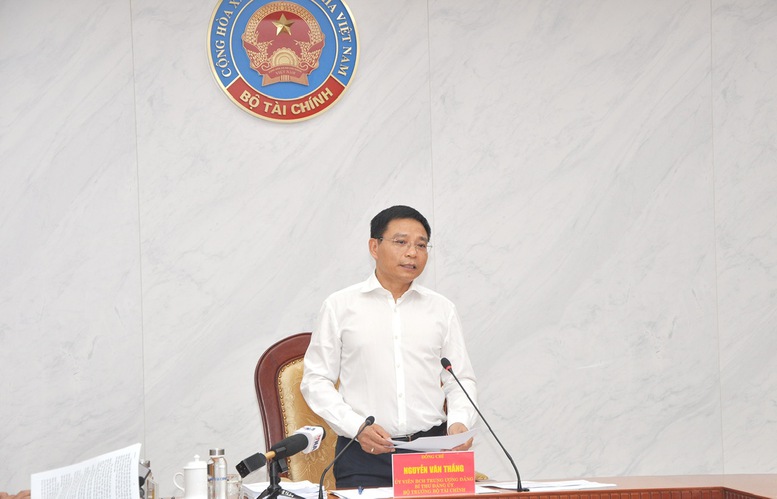
Minister of Finance Nguyen Van Thang speaks at the Conference - Photo: VGP/HT
Localities agree, expect to soon issue new regulations
Agreeing with the policy of promoting decentralization, localities such as Hanoi, Ho Chi Minh City, and Hai Phong have given positive feedback and specific suggestions to the Ministry of Finance.
From Hanoi's perspective, a representative of the Department of Finance said that the city's functional agencies have urgently organized a review of the draft. Although the time for collecting opinions was short, the contents of the draft were assessed as quite comprehensive, clearly defining the authority of each level from the central to the communal level. Hanoi's leaders especially hope that the guiding documents will be issued before July 1 to have enough time to implement the urban government model.
Similarly, the representative of Ho Chi Minh City said that they had carefully studied the content and worked directly with relevant departments and offices to reach consensus. However, due to the large volume of work, Ho Chi Minh City mobilized specialized departments and agencies to provide comments. In addition, some specific issues regarding the disbursement of public investment capital, public assets, statistics and taxes were also raised for clarification and supplementation.
As for Hai Phong City, the local representative said that it is necessary to clearly define the organizational model and principles of task transfer when removing the district level. Specifically, any task that the commune level cannot undertake will be transferred to the province. In addition, it is necessary to clarify the tasks of the commune and province in multi-commune projects, especially public investment and bidding.
Hai Phong also proposed decentralizing the authority to divest state capital and transfer power to small-scale public service units. The locality's view is that the stronger the decentralization, the more development momentum will be created if properly managed.
In addition, many other ministries and sectors of the provinces also sent written comments or spoke at the Conference. In general, opinions welcomed the spirit of innovation, but wished for clear regulations to avoid overlap and ensure consistency in application.
In response to some concerns from localities, the leader of the Ministry of Finance said: From July 1, the decentralization, delegation of authority and adjustment of authority between localities according to the two-level government model will be fully and synchronously ensured, which is a premise to ensure uninterrupted state budget management. Meanwhile, the Treasury, Tax and Customs systems have also been adjusted accordingly according to the new administrative boundaries, in accordance with the requirements of organizing financial models in each locality.
In case any problems arise, the Ministry of Finance will continue to study and make appropriate adjustments. Therefore, from July 1, localities can rest assured to implement financial and budgetary work according to unified regulations.
Furthermore, after the National Assembly passes the relevant contents, many legal regulations will be specified by Decrees, thereby not causing difficulties in the preparation and implementation of budget estimates. Therefore, contents related to thorough decentralization, budget adjustment, planning and organization of the apparatus... will continue to be closely coordinated.
"In the case of planning implementation, if there is a situation such as the investor is implementing a detailed project but there is no zoning plan or general plan, these contents have been calculated and handled by the Ministry of Finance in the revised regulations. Specifically, the plans are allowed to be made in parallel, meaning that even if there is no zoning plan, the detailed plan can still be approved and updated to higher planning levels. Or the issue of surplus assets after the merger will be prioritized for essential areas such as health, education, trees, and public works. Currently, after completing the arrangement, localities are entitled to proactively call for investment and implement projects according to the approved plan," the leader of the Ministry of Finance gave an example.
The Ministry of Finance and its units all agreed that the implementation process requires close coordination between the central and local levels so that the decree and circular can truly come into effect and maximize effectiveness.
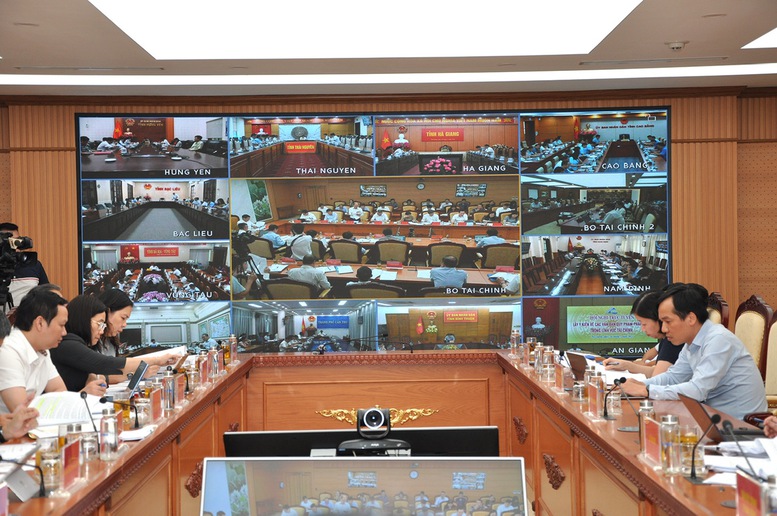
The conference was held online - Photo: VGP/HT
Concluding the Conference, Minister Nguyen Van Thang requested that localities and units that have not yet submitted their comments urgently complete them and send them to the Ministry within the day. Based on the comments, the Ministry of Finance will fully absorb them to revise the draft decree, ensuring compliance with the spirit of decentralization and delegation of power according to the Law on Organization of the Government and the Law on Organization of Local Government in 2025.
At the same time, the Ministry of Finance has assigned functional units to prepare documents for submission to the Ministry of Justice for appraisal. Once completed, the documents will be sent to the Government before May 30. During this process, the Ministry also requested the Government Office and the Ministry of Justice to coordinate closely to quickly appraise, collect opinions from Government members and submit for signing on schedule. In addition, at the 10th session of the 15th National Assembly in October 2025, the Ministry of Finance plans to submit major draft laws, including the Law on Tax Administration, the Law on Personal Income Tax, the Law on Investment, and the Law on Savings and Anti-Waste. This is the next step in the journey to perfect the financial legal system to thoroughly implement the policy of decentralization, administrative reform, and modernization of the national financial system.
Minister Nguyen Van Thang also recommended that localities proactively summarize practices and promptly propose amendments and supplements to regulations to remove bottlenecks in organizational structure and improve management efficiency. This is also an important part of realizing Resolution 66-NQ/TW - the goal of turning Vietnam into a modern industrialized, high-middle-income country by 2030.
Implementing the Conclusion of the Politburo, the Secretariat, the direction of the Government and the Prime Minister on the development of decrees on decentralization, delegation of power, and assignment of authority associated with the implementation of the 2-level local government organization model, the Ministry of Finance has focused on reviewing 24 areas of state management of the Ministry and identified 563 contents, tasks, and authorities proposed for decentralization, delegation of power, and arrangement of 2-level local governments under 233 legal documents. Including: 32 laws; 2 ordinances; 14 resolutions of the National Assembly; 84 Decrees; 6 Decisions of the Prime Minister and 95 Circulars of the Minister. At this conference, the Ministry of Finance sought opinions on 5 Decrees and 7 Circulars. Of which, there is 1 Decree on the assignment of authority of local governments according to the 2-level local government organization model. Along with that are 4 Decrees on decentralization and delegation of power in state management by sector and field...
Huy Thang
Source: https://baochinhphu.vn/phan-cap-phan-quyen-trong-linh-vuc-tai-chinh-bao-dam-dong-bo-sat-thuc-tien-102250526190414738.htm





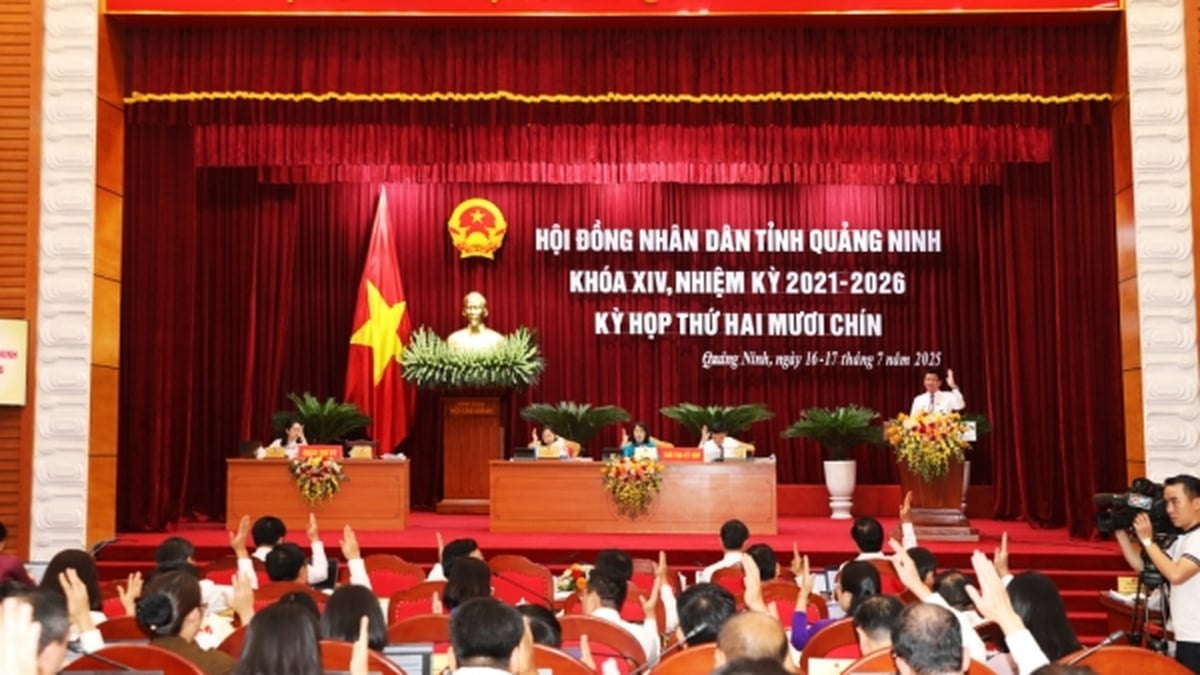

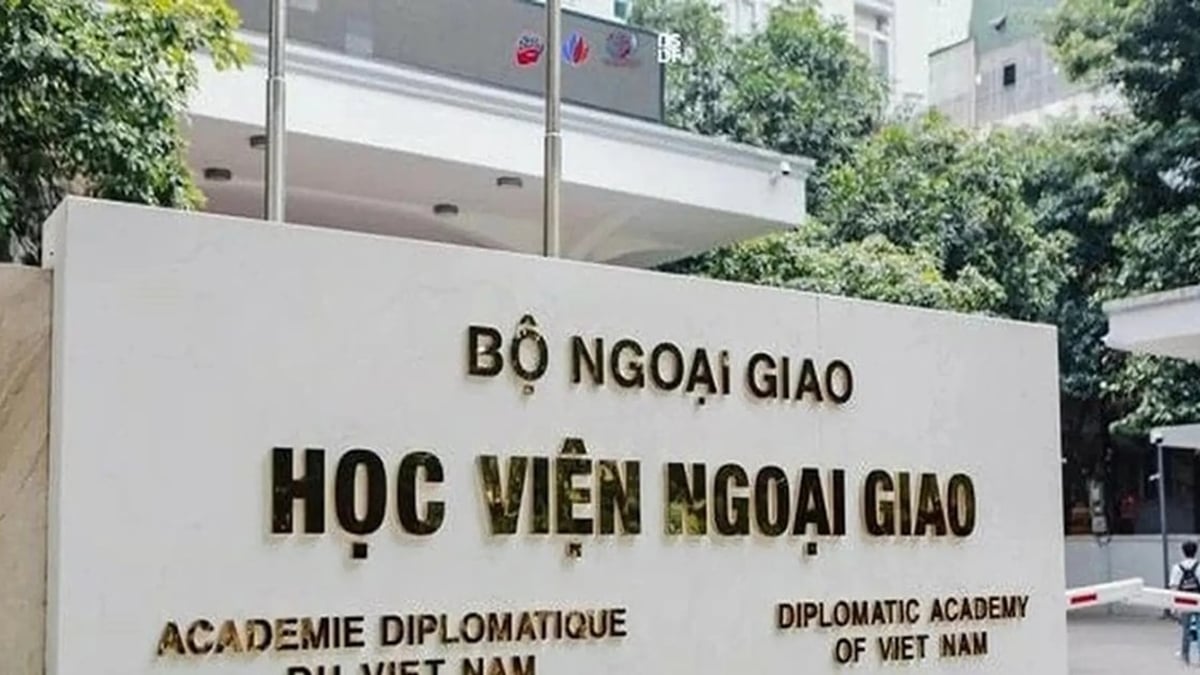























































![[Maritime News] More than 80% of global container shipping capacity is in the hands of MSC and major shipping alliances](https://vphoto.vietnam.vn/thumb/402x226/vietnam/resource/IMAGE/2025/7/16/6b4d586c984b4cbf8c5680352b9eaeb0)





































Comment (0)